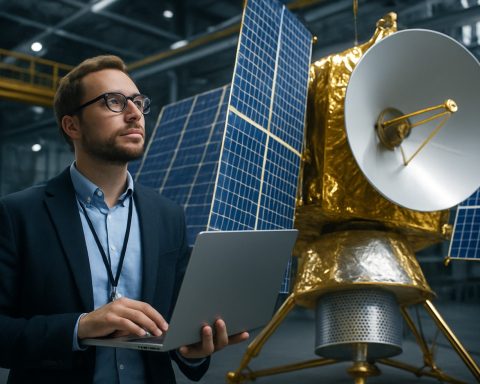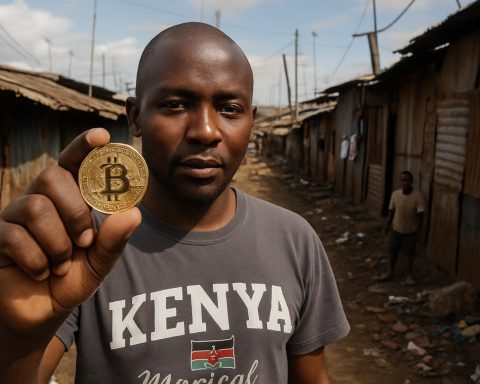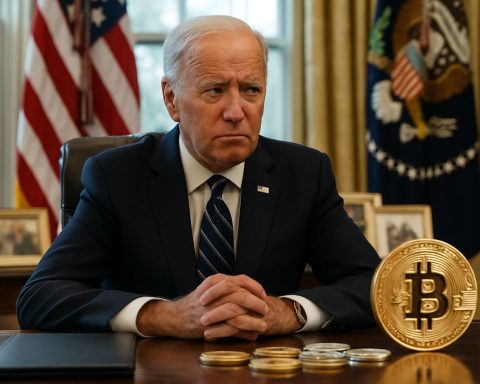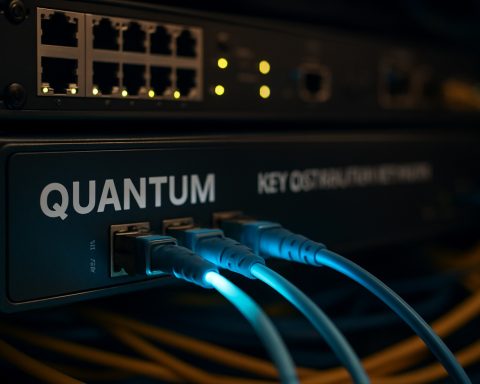- Katy Perry’s highly publicized space mission with Blue Origin aimed to represent feminist progress but received significant backlash.
- The criticism centered on the timing of such a spectacle during periods of economic hardship and its perception as tone-deaf.
- Fast-food chain Wendy’s and Lily Allen were notable critics, with Allen later expressing regret over her comments about Perry.
- Gayle King highlighted the double standards in space endeavors, pointing out that male-dominated missions receive less scrutiny.
- The event intended to honor female pioneers in space exploration, yet sparked broader discussions on privilege and the societal portrayal of gender equality.
- This incident emphasizes the complex relationships between fame, feminism, and public perception, challenging our views on celebrity actions and their motivations.
Aboard a Blue Origin capsule whisking through the outer edges of Earth’s atmosphere, Katy Perry embarked on an 11-minute interstellar journey that was intended to be both historic and empowering—a bold statement on feminist progress. Instead, it drew a fiery backlash that few could have anticipated.
Once the crewmembers disembarked from their gravity-defying escapade, the jubilance was short-lived. Criticism avalanched upon Perry, the most notable passenger, with surprising intensity. Even Wendy’s, known more for snarky social media quips than space discourse, joined the fray, suggesting cheekily that the pop icon make a return trip. Though the fast-food giant later softened its stance, they stopped short of an outright apology, leaving Perry somewhat marooned amidst the public and media tumult.
Meanwhile, Lily Allen played an unexpected role in the unfolding drama. On her podcast, she had skewered the notion of the flight being a feminist triumph. She lauded the achievements of fellow crew members like Aisha Bowe, a former NASA rocket scientist, and Amanda Nguyễn, applauded for her advocacy in sexual assault survivors’ rights. Yet, Allen inadvertently spotlighted Perry with criticism that many deemed excessive. Adjusting her lens of scrutiny, she publicly acknowledged her comments as a reflection of her own internalized biases, expressing regret for singling Perry out in the media blitz.
Even as apologies were voiced, the broader critique persisted: Was it appropriate, critics asked, to conduct such a spectacle during troubling times of economic unrest? Allen, along with many detractors, painted the scene as tone-deaf amid straining household budgets and the mounting pressures of daily survival for countless individuals.
Gayle King, respected journalist and crew member, found herself compelled to address the controversy. Drawing a parallel to male astronauts, King noted that men’s ventures beyond the sky face far less scrutiny and are often celebrated, rather than reduced to a frivolous “ride.” She took pride in the mission, exalting its ambition and suggesting that genuine understanding could only come from firsthand experience.
The flight, with its all-female team, was intended as a salute to groundbreaking women explorers, recalling the days when Valentina Tereshkova orbited the Earth in a chaise of stars. Yet, the wider discourse moved the spotlight away from the cosmic rendezvous to ground it in a societal reflection on privilege, perception, and the nuanced narratives of gender equality.
This saga underscores the fragile intersection of feminism and fame. It challenges each onlooker to consider: Is criticism reserved only for the glittering—and are their efforts automatically diminished when they don the space helmets of progress? To go to space was not just a mission; it was momentously human and audaciously hopeful—an invitation to all to dream beyond their orbits. 🌌
From Celebrity Stardom to the Stars: Is Space Tourism the Ultimate Feminist Statement or Tone-Deaf Extravagance?
A New Era of Space Tourism: Perceptions and Realities
The journey of Katy Perry and her fellow female crew members on a Blue Origin spaceflight was designed to serve as a landmark in feminist history. Yet, rather than basking in societal accolades, the venture faced a surprising backlash, with public discourse questioning its appropriateness during challenging economic times. Here’s an in-depth look at the implications, insights, and broader context around this cosmic voyage.
The All-Female Astronaut Team: A Feminist Victory?
– Historic Mission’s Intention: The mission paid homage to iconic female space explorers, such as Valentina Tereshkova. Intended to elevate the narrative of women in space, it symbolized the breaking of new frontiers in both gender equality and technological achievement.
– Criticism and Perception: The backlash highlighted societal perceptions of privilege and questioned the necessity of such high-profile space adventures. Critics drew attention to economic disparities, suggesting a disconnect between celebrity space tourism and the struggles of everyday life.
Industry Trends: The Rise of Space Tourism
– Space Tourism Boom: Companies like Blue Origin, along with Virgin Galactic and SpaceX, are making space travel accessible to non-professional astronauts. Reports forecast a burgeoning space tourism market, projected to reach $3 billion annually by 2030 (Source: Space Foundation).
– Increased Accessibility: As technology advances, costs are expected to decrease, potentially opening opportunities for a wider range of participants. This democratization could lead to more diverse and frequent forays into space.
Real-World Implications and Controversies
– Environmental Concerns: Critiques often extend to the environmental impact of rocket launches, which could exacerbate climate issues. Balancing advancements in space travel with sustainability remains a key challenge.
– Perceptions of Gender: Journalist Gayle King’s response to criticism shed light on gender biases, pointing out how male astronauts are often celebrated rather than critiqued. It raises the question of whether gender and celebrity status unduly influence public opinion.
Recommendations for Future Missions
– Broader Representation: Future missions could benefit from a more inclusive array of participants, emphasizing diversity beyond celebrity figures to include scientists, educators, and underrepresented communities.
– Educational Partnerships: Collaborations with educational and scientific institutions might foster broader public support and underscore the missions’ educational value.
Tips for Engaging in Space Discourse
– Understanding Context: Consider the broader societal and economic circumstances when evaluating space tourism ventures.
– Promoting Balanced Narratives: Encourage discussions that weigh both the groundbreaking achievements and potential insensitivities of high-profile space missions.
Conclusion
The Katy Perry-Blue Origin mission exemplifies the complex interplay between fame, gender, and the burgeoning space tourism industry. It highlights the need for nuanced discussions around space exploration, social equity, and environmental responsibility. As space becomes the next frontier, ensuring inclusivity, sustainability, and genuine societal advancement will be vital.
For more insights, explore Blue Origin for information about their exciting plans for the future.











